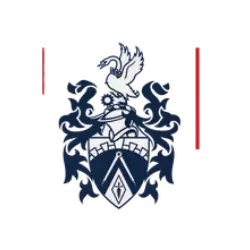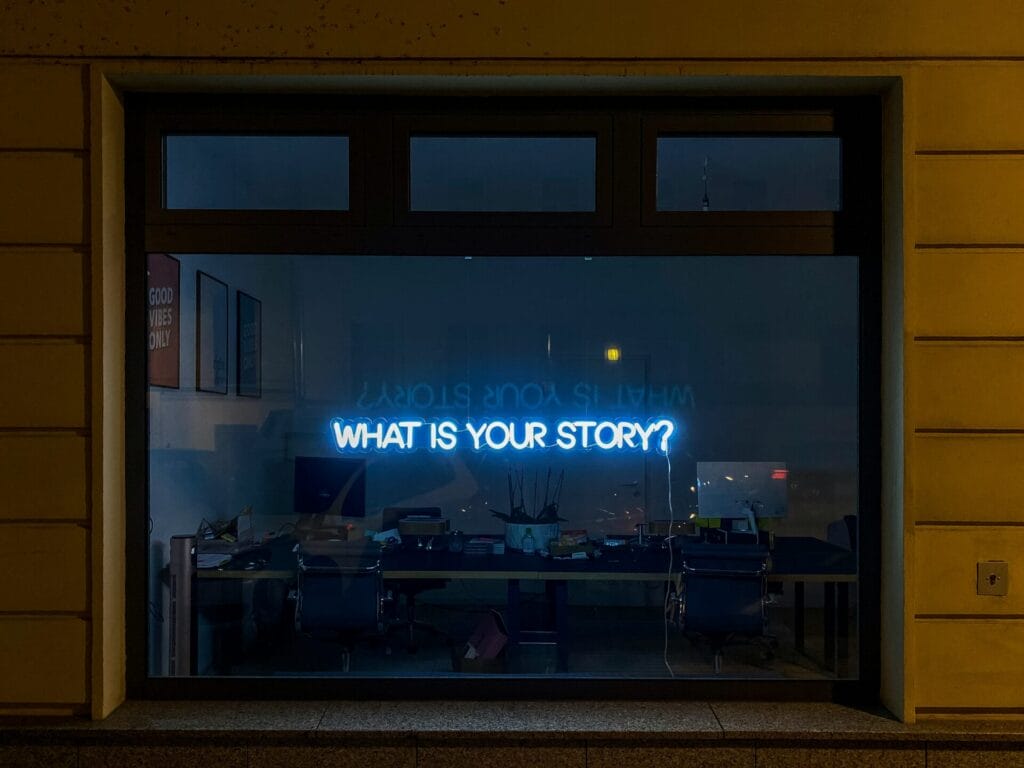
Are you an aspiring young screenwriter, poet, journalist or author? Do you aspire to be named among the greats when discussing literary fiction? Do you want to expand on your talent outside of it being a hobby? Well then, if you’re reading this article, I’d like to congratulate you firstly on taking a leap of faith by deciding you want to undertake a creative writing degree. Being almost done with my second year of studies, I think it’s safe to say that I know a thing or two when it comes to writing a personal statement.
When I was still in sixth form, I was on my own. I didn’t have anybody to tell me what a great creative writing personal statement looked like. However, after continuous editing, I got there in the end and produced a statement that got me accepted into all of my undergraduate university choices. So keep reading below for some tips on me on how to write a creative writing personal statement.
First, think about why you want to study creative writing?
You simply cannot write a good creative writing personal statement without explaining why you’d like to study the subject at a higher level. I’d suggest including what inspired your passion, specifically what form of writing drew you further into the subject and what it means to you. In my personal statement I mentioned what drew me to the subject, which was the freedom to create whatever narrative I wished to without having to stick to the facts. How I discovered that at an early age whilst reading fiction in and out of school from various authors.
Make sure you sell yourself!

This part you likely already know, but it still applies when producing a creative writing personal statement. It is crucial to include all relevant work experience as it shows your chosen universities that you’re self-sufficient, dedicated and willing to go to great lengths to hone your creative writing skills. If you’re reading this and haven’t had any or enough relevant work experience, then I’d suggest discussing forms of creative writing you’ve written in your own time or in the process of learning, such as a screenplay, poetry collection ext.
Relate your current studies to the degree!
So it’s clear now you have both the drive and enough work experience under your belt, but you cannot complete your personal statement without relating it to your current qualification. Whether you’re studying written subjects at A Level or a completely different BTEC, if worded correctly you can produce a great personal statement. I didn’t study English literature at A Level. Initially, I was worried about how I’d relate my BTEC Business qualification to my aspirations to undertake a creative writing degree, but I did it.
I discussed how completing a coursework-based qualification structured similarly to my ideal degree helped me to improve my intrapersonal skills. I then gave an example when completing the work experience unit how I was tasked with securing a work experience placement in time to discuss in my report. For each skill I developed, I gave a relevant example as to how it benefitted me, knowing those were skills universities would want in a student undertaking a coursework- based degree like creative writing. So if you’re in doubt that your non-English-related studies may harm your chances, don’t worry.
Restate your skills and motivaiton in closing sentences
These are your final two to three sentences. In these sentences, without repeating previous lines, I’d advise you once again to reiterate your enthusiasm. I mentioned my excitement at the idea of entering into the writing industry, and how I hoped I’d shown that I was a suitable candidate to study on a creative writing degree course. In my remaining sentence I listed the skills I gained from my current qualification at that time. Specifically, I mentioned how each skill I acquired showed my determination and why I should be studying creative writing at degree level.
So there you have it, four tips on how to write a creative writing personal statement. Find more tips on writing a personal statement for university.
Authors
-
View all postsI’m currently a second year student studying creative writing. From poetry, short stories, novels and more I very much enjoy all things fiction and non-fiction. I hope you find my articles both informative and enjoyable to read while you're at uni, or thinking about uni!
-
Aminah is a dedicated content expert and writer at Unifresher, bringing a unique blend of creativity and precision to her work. Her passion for crafting engaging content is complemented by a love for travelling, cooking, and exploring languages. With years spent living in cultural hubs like Barcelona, Sicily, and Rome, Aminah has gained a wealth of experiences that enrich her perspective. Now based back in her hometown of Manchester, she continues to immerse herself in the city's vibrant atmosphere. An enthusiastic Manchester United supporter, Aminah also enjoys delving into psychology and true crime in her spare time.
View all posts



